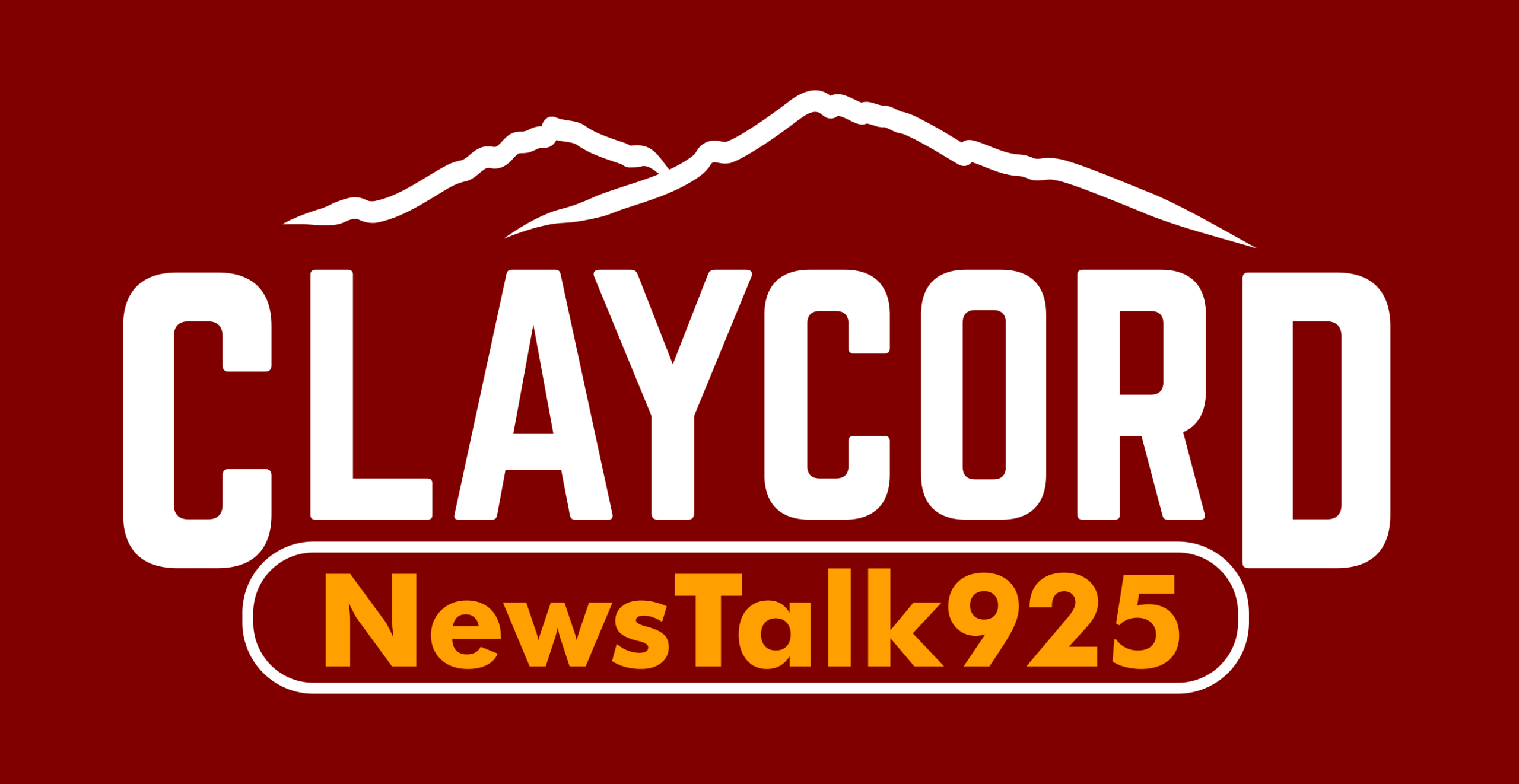In the midst of an overdose crisis, eight members of the San Francisco Board of Supervisors are launching a plan to expedite the opening of wellness hubs in the city, including safe consumption sites.
The group of supervisors announced their plan to fast-track opening overdose prevention sites, made in response to the recent closure of the Tenderloin Linkage Center, a controversial city services center said to have reversed over 300 overdoses in its 11 months of operation.
The plan is backed by Supervisors Hillary Ronen, Ahsha Safai, Shamann Walton, Dean Preston, Matt Dorsey, Myrna Melgar, Connie Chan and Aaron Peskin.
“With the cruel and reckless closure of the Tenderloin Center with no replacement up and running, it is clear that the Board will need to ramp up pressure if we want to see the Administration open another safe consumption site,” said Preston. “Any further delays will put more lives in danger.”
The San Francisco Department of Public Health previously proposed an overdose prevention plan that would open 12 wellness hubs, dedicated to providing overdose prevention services throughout the city in the next two years. Each hub would have had a safe drug consumption area and could link residents to health and treatment resources.
But the Gubbio Project and the San Francisco AIDS Foundation said their plans to open wellness hubs in the Mission and South of Market neighborhoods were shut down by public health officials last week.
“After doing the work, planning to open a Wellness Hub in the Mission, last week staff at DPH informed us that there was not a path forward on the project since there was not the political will in the Mayor’s Office to fund the effort.” said Lydia Bransten, the director of the Gubbio Project.
In response, the supervisors plan to conduct a hearing on why the city halted the opening of wellness hubs, allocate $5.5 million towards opening the sites and propose to use funds from opioid settlements for the centers.
“If the city intends to reach its goal of reducing drug death by 15% by 2025, we must take action now. The fact of the matter is, the poorest people in the poorest neighborhoods are most impacted by public drug use and addiction. We must protect all our constituents from this deadly epidemic,” said Walton.

